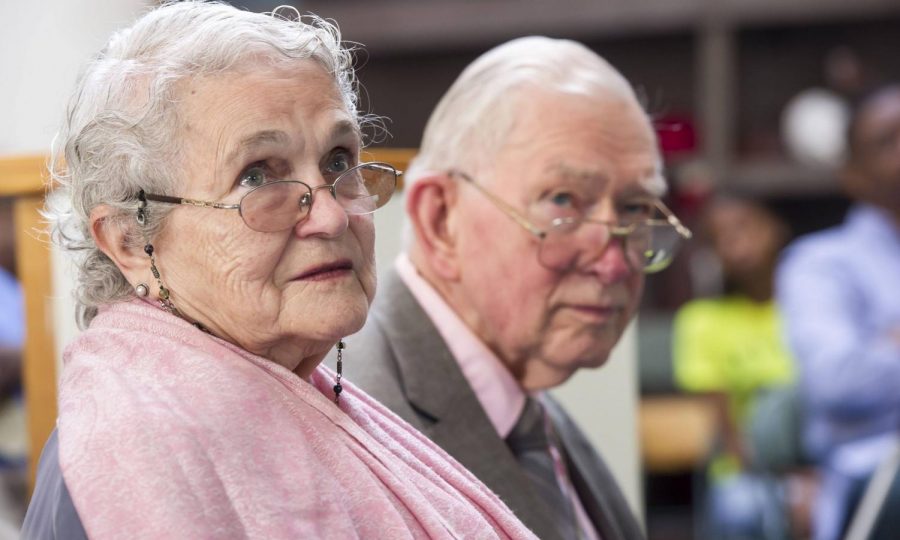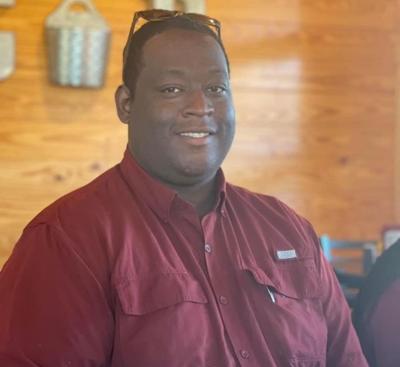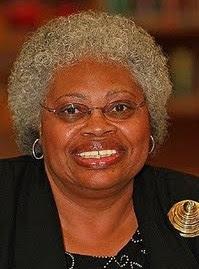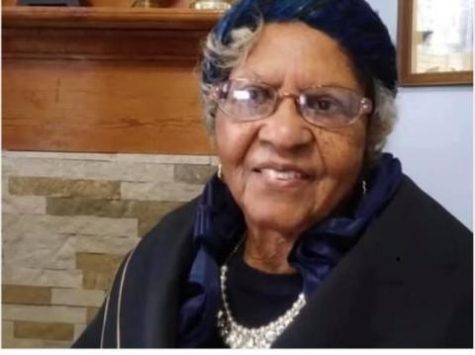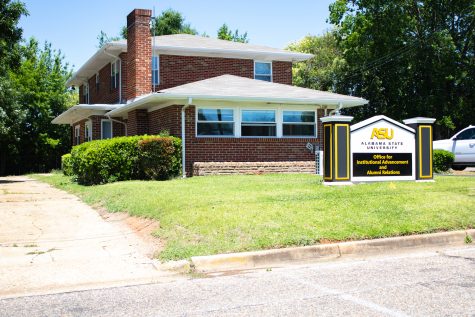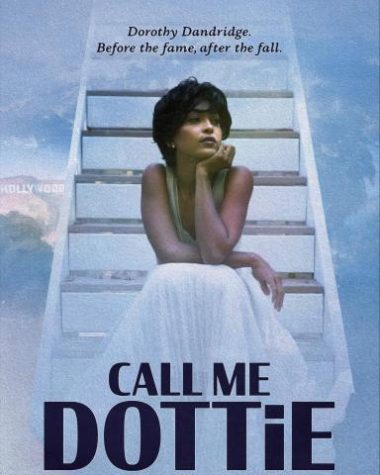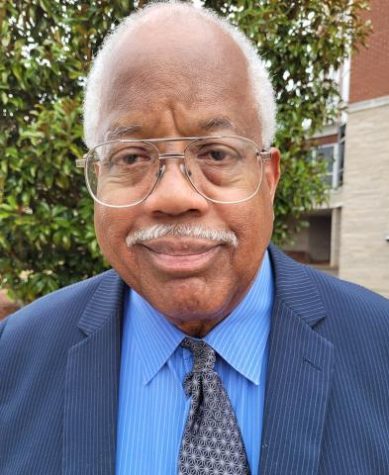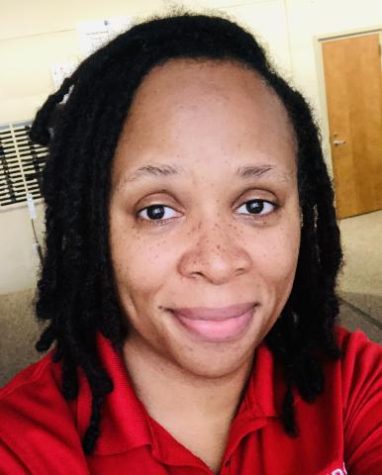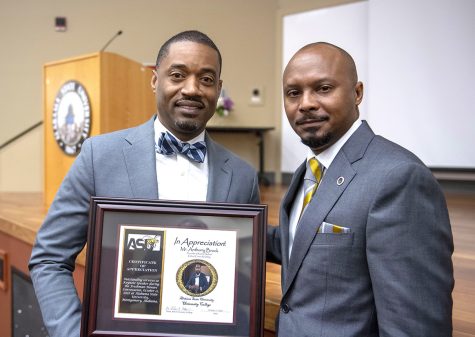Jeannie Graetz, who helped and publicly supported Montgomery Bus Boycott, dies
Jeannie Graetz, one of a handful of whites in Montgomery who publicly supported the 1955-56 Bus Boycott died Wednesday. She was 90 years old. Graetz died nearly three months after her husband, the Rev. Robert Graetz, passed away.
December 17, 2020
Jeannie Graetz, one of a handful of whites in Montgomery who publicly supported the 1955-56 Bus Boycott — and suffered threats and two bombings of her home for it — died Wednesday. She was 90 years old.
Meta Ellis, Graetz’s daughter, said the cause of death was cancer. Graetz died nearly three months after her husband, the Rev. Robert Graetz, passed away.
The Graetzes were some of the very few whites in Montgomery to support the boycott. The Rev. Graetz, who pastored the majority-Black Trinity Lutheran Evangelical Church, was the only white clergyman in Montgomery to do so, and joined the Montgomery Improvement Association (MIA), which organized the boycott.
The family endured the harassment other members of the Montgomery Improvement Association did. Segregationists poured sugar in their gas tanks and slashed the tires on their vehicles. The family home was bombed twice. The first time, in the summer of 1956, the family was away on a trip.
The second time — on Jan. 10, 1957 — the Graetzes were home with their four young children and the Rev. Graetz’s mother when the bomb went off.
“It’s one of those things you try to forget,” Graetz told the Advertiser in 2018. “Not a fun thing to happen at 2 in the morning with four babies and a mother-in-law there. To know there are people who hate you, that’s not very nice to know.”
Born Jean Ellis on Dec. 24, 1929, Graetz was raised on a farm in northwest Pennsylvania, the second of five daughters. The Rev. Graetz wrote in “A White Preacher’s Memoir” that Jeannie’s father, Marshall, openly wished for boys, but sent his daughters to do the chores. Jeannie maintained a trap line on their farm to catch animals and sell their hides for cash.
“We were his boys,” she said. “We did every kind of work that a farm boy ever did.”
Jeannie was also attracted from an early age to those who were different, the Rev. Graetz wrote. As a student at Capital University in Bexley, Ohio, she roomed with a blind student, helping her in her classes and developing a lifelong friendship with her. Jeannie Graetz later said that her interest in other people was an act of rebellion against the hypocrisy of the adult world, natural curiosity and an act of faith.
“Knowing how Jesus treated people, she says she had a ‘sporadic Christian zeal’ to do the same,” the Rev. Graetz wrote. “That ‘zeal’ has been apparent throughout her life, not sporadic.
Jeannie Ellis married the Rev. Graetz, a native of West Virginia, in 1951. In June 1955, while pregnant with the couple’s third child, Jeannie, with her husband and their two toddlers, drove from Ohio to Montgomery, Alabama, where Graetz would serve as pastor of Trinity Lutheran.
The Graetzes chose to live in the Trinity Lutheran parsonage, near their predominantly Black congregation. The family, which knew little of the unwritten rules and expectations of the Jim Crow South, was instantly shunned by most of the white community. While attending movie theaters, the Graetzes insisted on sitting in the Black section in the balcony. Fearful that such actions would lead to riots, theater owners rushed them into their seats and let them watch films for free.


